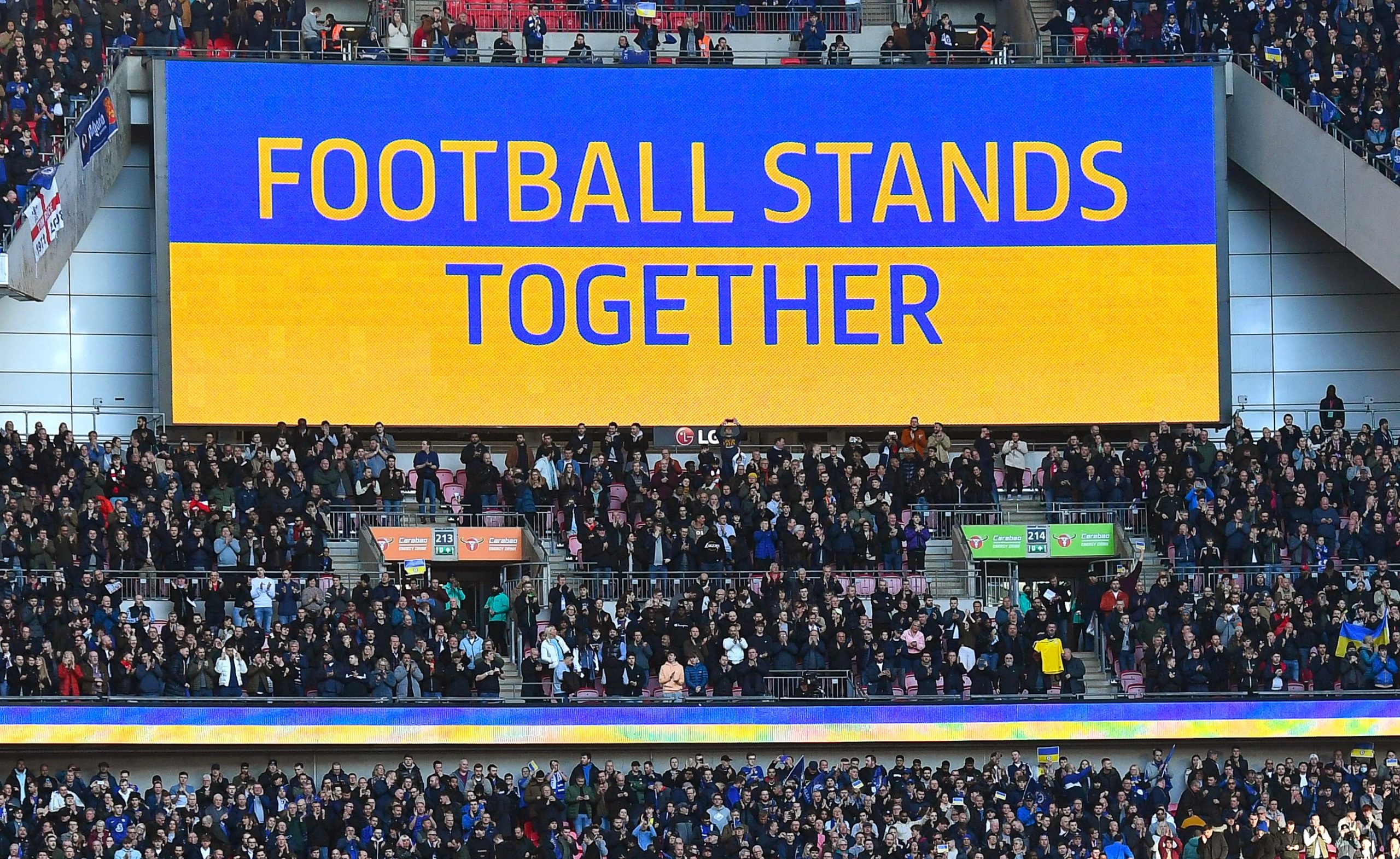
By Craig Foster |
Over recent weeks sport has been forced to react to Russia’s invasion of Ukraine. Various governing bodies and elite athletes have taken a principled stance, denouncing the atrocities, by banning Russia’s involvement in sport.
The conflict has forced sport – athletes, sporting bodies, administrators and fans – to interrogate the meaning of sport in the global context, and many detest what they see.
Can 2022 be the reckoning sport needs to step out from under the veil of ‘neutrality’ and to take a stand on issues like human rights, racial injustice and climate change? As #BlackLivesMatter taught the world, ‘silence is violence’ and there can be no neutrality. Every decision has consequences and sport has a responsibility to understand the harm it is complicit with, enables or creates by refusing to acknowledge its support of human rights-abusing nations, sportswashing of egregious abuse through sport promotion and inequality of all kinds.
Society’s expectations are changing, and sport is being forced to adapt. It will be up to the next generation of players, coaches, and fans to ensure human rights and equality underpin sport and to make an impact on the social, economic, and climate issues facing our communities.
In 2022, sport is asking very different questions and struggling to find the answers in a new world.
There is no doubt that it is complex, but it is time for the sporting world to rally – for athletes, sporting bodies and organisations, and fans to harness the powerful, wide-reaching platform of sport to stand up and speak out.
To help build on this momentum I have collaborated with Torrens University Australia to create a series of free courses, Sport for Good, aimed at giving people in the sports industry, as well as fans and anyone with a social conscience, the skills and knowledge they need to understand how sport can be used to make the world a better place.
We explore the actions of athletes like Naomi Osaka, Lewis Hamilton, and LeBron James and, through the lens social responsibility in sport, examine how we can bring sport into conversations and more importantly, actions, on social justice and existential issues like climate change.
The courses also feature legendary current and former athletes from the Global South including rugby league and union star Sonny Bill Williams, former Matilda’s Captain and co-chief executive of Professional Footballers Australia Kathryn Gill, and former Wallabies captain turned political candidate David Pocock, who share their inspirational stories and discuss how they are using their voices to drive change for the global good.
The notion of athlete activism is not new – from early protests such as the 1968 Olympics’ Black Power or human rights salute to influential athlete activists like Naomi Osaka who used her appearances at the US Open in 2020 to draw attention to racial injustice. But it is time for the sporting world to accept its social responsibilities and use its power, platform and influence to drive meaningful and lasting change.
What I have seen over recent weeks makes me hopeful that things are changing. My hope is that the global sporting landscape is going to be fundamentally different in years to come. We all have a responsibility to ensure that it continues to shift for the better and that future generations of sport leaders and sport management professionals at all levels strive for a higher purpose by using the social power of sport for good.
Following a celebrated football career playing for Australia’s national team, Craig became one of the country’s most respected broadcasters with an 18-year, award-winning role at SBS Australia. Today, in addition to his role as Adjunct Professor of Sport and Social Responsibility at Torrens University, Craig works across a vast range of social programmes and believes the global sport industry, as a highly visible and influential social institution, is capable of changing the world by increasing equality and improving human rights.
Republished with permission from insidethegames.biz.